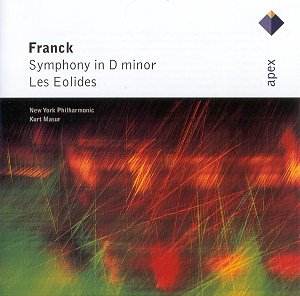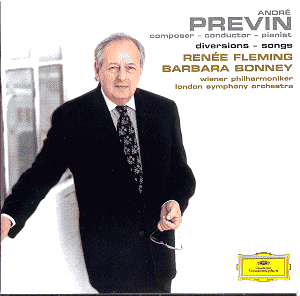 Composer: Richard Stoker
Composer: Richard Stoker
Works: Piano Serenade Op. 17 (1962), Piano Sonata No. 1 Op. 26 (1967), A Poet’s Notebook Op. 19 (1969), Piano Variations Op. 45 (1973), Regency Suite Op. 15 (1952-1959), Two Jazz Preludes Op. 63 (1980), Zodiac Variations Op. 22 (1965), Piano Sonata No. 2 Op. 71 (1992)
Performers: Eric Parkin (piano)
Recording: PRIORY PRCD 659 (1998)
Label: Priory Records
Richard Stoker, an underappreciated figure in the landscape of contemporary British music, emerges with notable clarity in this compilation of his piano works. This recording encapsulates a broad spectrum of his compositional voice, spanning from the early 1950s to the early 1990s, and illustrates a continuous thread of stylistic evolution. Stoker, born in 1938, was shaped by notable mentors, including Lennox Berkeley and Nadia Boulanger, and while his output has often slipped beneath the radar overshadowed by more prominent contemporaries, it deserves attentive listening.
Eric Parkin, an established interpreter of British piano repertoire, brings a nuanced understanding to Stoker’s works. His performance is marked by a sensitivity to the composer’s lyrical inclinations and structural explorations. The recording opens with the Piano Serenade Op. 17, a delightful nod to the chamber music aesthetic, where Parkin navigates its five miniature movements with a deft touch, particularly in the ‘Intermezzo,’ which encapsulates a contemplative depth reminiscent of Berkeley’s lyrical style. The sound engineering here is commendable, capturing the subtleties of dynamics and tonal color that Parkin employs, particularly in the delicate shifts of the ‘Air’ and the buoyancy of the ‘Danse.’
Stoker’s Piano Sonata No. 1 Op. 26 reveals a more modernist sensibility, characterized by its two-movement structure that evokes a conversation between impressionism and post-war experimentation. Parkin’s interpretative choices reinforce the work’s dramatic contrasts; the first movement’s rhythmic vitality is expertly balanced against the more introspective second movement, culminating in a bell-like resonance that leaves the listener in a contemplative silence. This contrasts sharply with the more conventional and accessible Regency Suite Op. 15, where Parkin’s playful articulation in the ‘Scherzo’ and ‘Gigue’ enhances the suite’s eclectic charm, bringing out the youthful exuberance of Stoker’s earlier years.
The recording progresses through a rich tapestry of textures in A Poet’s Notebook Op. 19, where Stoker’s affinity for brevity and thematic development shines. Each of the six sketches is imbued with a sense of poetic imagery, and Parkin’s interpretative insight allows the listener to grasp the essence of each piece without overindulgence. The ‘Elegy’ stands out for its poignancy, and Parkin’s delicate phrasing draws forth an emotional resonance that feels both intimate and expansive.
However, not all works achieve the same level of engagement. The Piano Variations Op. 45 can feel like a departure, at times overly cerebral and less inviting than Stoker’s more lyrical works. Parkin approaches this set with a commendable intensity, yet the material occasionally risks losing the listener in its complexity. The subsequent Zodiac Variations Op. 22, conversely, is more approachable, and Parkin’s lively interpretations of the individual variations highlight Stoker’s playful exploration of musical character.
The recording culminates in the Piano Sonata No. 2 Op. 71, a work that encapsulates Stoker’s maturity and mastery of the form. Parkin’s performance here is nothing short of revelatory; he deftly navigates the five movements’ complexities, allowing the jazz influences to emerge organically without overwhelming the classical framework. The thematic threads woven throughout the sonata reflect Stoker’s cyclic form approach, and Parkin’s ability to balance technical precision with expressive freedom makes for a compelling conclusion to this diverse collection.
This disc serves not only as an introduction to Richard Stoker’s piano music but also as a vital reminder of the richness of the British piano repertoire that often remains unexplored. Eric Parkin’s insightful interpretations, coupled with the high-quality recording, bring Stoker’s music to life, inviting both seasoned listeners and newcomers to engage with these often-overlooked works. The album stands as a testament to Stoker’s unique voice and the enduring relevance of his contributions to the classical music canon.



